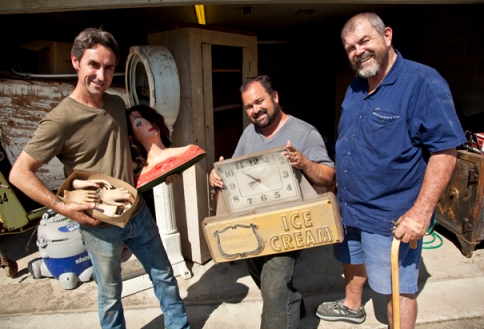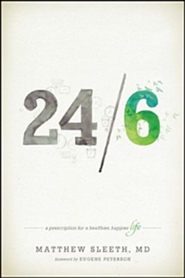With all due respect to the pastors and professors I’ve been privileged to learn from over the years, some of my best lessons in theology have come from children (see these ponderings) or those with childlike hearts.
Not long ago I was having lunch at my friend Luann’s house with our friends Cheryl and Heather. Cheryl has faith of the purest variety, and she radiates joy in a way I can only dream of. She also happens to have Down syndrome. (For more about Cheryl, read this story.)
Cheryl was especially full of joy at lunch that day because she got to meet Heather’s twin babies for the first time. I’m not sure Cheryl understood what a double miracle these babies are (check out the amazing story here), but she was doubly taken with the idea of not just one but two babies.
The moment Heather brought little Claire inside from the cold and unzipped her carrier, Cheryl rushed over to take a look. She leaned in close to gaze at Claire’s big-eyed smile before planting a kiss right on Claire’s cheek. And then, lifting her face to the ceiling, Cheryl whispered, “The face of God.”
Heather and Luann and I just stared at each other. It was truer than anything we could have said ourselves.
The face of God.
Luann finally broke the spell with her trademark humor. “What about me, Cheryl?” she asked, pointing to her own face. “Don’t you think the same thing when you look at me?”
Cheryl broke into a grin. “Yeah, you too,” she said. “Everybody shows us the face of God.”
She’s right, I know. But how often I forget it.
The Bible opens with a statement every bit as radical as Cheryl’s, right from the first chapter of the first book:
God created human beings in his own image.
In the image of God he created them.
—Genesis 1:27
Imago Dei: the idea that human beings have inherent value because they’re made in the image of God. Not because of what they can accomplish or contribute, but simply because they reflect their Creator.
What would it look like, I wonder, if I could start seeing people that way? The way Cheryl does?
The person who just cut me off in traffic.
Imago Dei.
The person who is socially awkward or less than beautiful by the world’s standards.
Imago Dei.
The person who is just downright difficult to love.
Imago Dei.
The man without a home, the woman with the mental illness, the leader who broke his promise, the coworker who burns the popcorn.
All of them, Imago Dei.
I once heard a lovely legend about God’s creation of human beings. According the story, God looked into a mirror, and the mirror shattered into millions of pieces. The pieces fell to the earth below, and each one became a unique individual. Now each person reflects a different part of God’s face, and we can’t get the full picture of what he looks like until we seek him in the faces of all those around us.
So thank you for the reminder, Cheryl. When we gaze into the face of a human being, it is no small thing. For in a real way, we are getting a glimpse into the very face of God.
How would it change the way you saw yourself if you knew you were Imago Dei?
How would it change the way you saw other people if you knew they were Imago Dei?
























